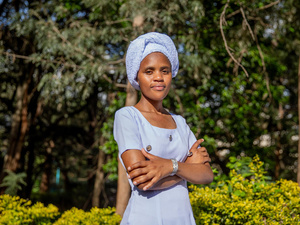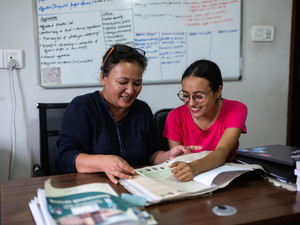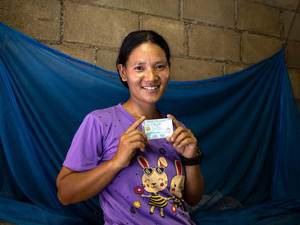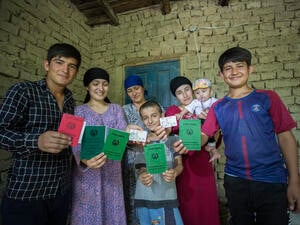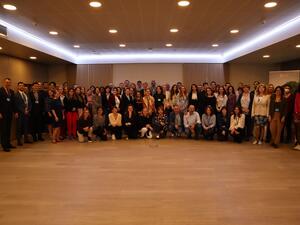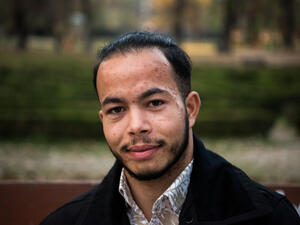Paraguay adopts new law for the protection and naturalization of stateless people
Paraguay adopts new law for the protection and naturalization of stateless people
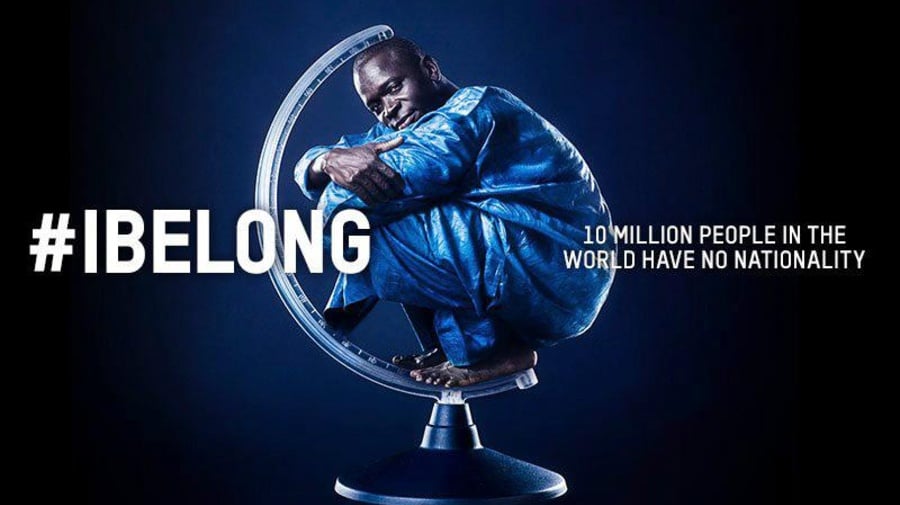
UNHCR's #IBelong campaign highlights the fact that 10 million people worldwide have no nationality and cannot go to school, get married, get a job or even see a doctor.
UNHCR, the UN Refugee Agency, welcomes the adoption by Paraguay of a new law that helps to identify, protect and solve the situation of stateless people (persons who are not considered as nationals by any State).
Last Thursday (9 August), Paraguay’s bicameral Congress approved a bill presented in May 2017, which protects the rights of stateless people, as well as applicants for the recognition of such status, and a facilitated path to naturalization.
The new law assigns the National Commission for Refugees (CONARE) the responsibility for the determination of statelessness and helps ensure that the children of Paraguayan nationals born in a foreign country, who would otherwise be stateless, acquire Paraguayan nationality without having to settle in the country.
In 2012, Paraguay acceded to the 1961 Convention on the Reduction of Statelessness and in 2014 to the 1954 Convention Relating to the Status of Stateless Persons. With the adoption of this law, Paraguay establishes a procedure for the determination of statelessness and a regulatory framework for protection; the law also provides pathways for naturalization.
This law constitutes an important milestone for the region, which is working to eradicate statelessness within ten years as part of the commitments by the countries of Latin America and the Caribbean to the 2014 Brazil Plan of Action.
In November 2014, UNHCR launched the #IBelong Campaign to End Statelessness before 2024, giving greater visibility to the specific problems that statelessness causes to women, men, boys and girls. The Campaign also seeks to strengthen the response of governments and civil society. Stateless people are often deprived of basic rights such as going to school, seeing a doctor, finding a job, opening a bank account, travelling or getting married.
For more information on this topic, please contact:
- In Geneva, William Spindler, [email protected], +41 79 217 30 11
- In Mexico, Francesca Fontanini, [email protected], +52 1 (55) 9197 2690

